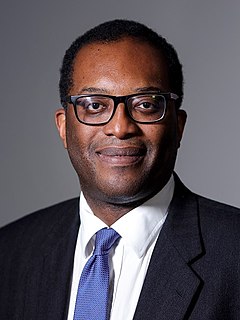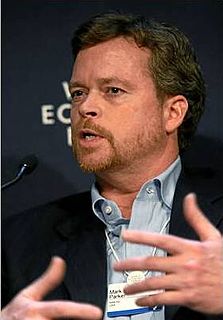A Quote by Suze Orman
We need to give people more of an incentive to work, to save, to invest, to create a true future for themselves.
Related Quotes
Regardless of the administration or who's in Congress, when you look at the outcomes of what what's been happening, there are opportunities for us to invest in infrastructure, to create more equity, to invest in new technologies, to create future - jobs focused on the future not industries from the past.
[on the future of hand-drawn animation] I'm actually not that worried. I wouldn't give up on it completely. Once in a while there are strange, rich people who like to invest in odd things. You're going to have people in the corners of garages making cartoons to please themselves. And I'm more interested in those people than I am in big business.
I'm really putting my life towards helping women to invest, and there's a circular reference here because if women can invest and give themselves the opportunity to earn higher returns, they can start those businesses. They can go to work with a little more confidence to ask for that promotion, to ask for the new assignment, etc.
We need a global approach to this from all sides. We need to educate people, we need the scientists to create new technologies, we need the engineers to create the networks, we need every human being to be aware of how precious water is and save it. Everybody has to be involved in a very firm and assertive way.
The psychology of the saver and the psychology of the investor is very closely connected with Keynes' distinction between risk and uncertainty. When the future is uncertain, he thought that a lot of saving would be directed towards securing, securing more, getting more security in the present, rather than building wealth in the future, which was the classical view, you save in order to invest, in order to consume more later on. What he had called the propensity to hoard or liquidity preference would normally be stronger than the inducement to invest.
They called themselves the Munrungs. It meant The People, or The True Human Beings. It's what most people call themselves, to begin with. And then one day the tribe meets some other People or, if it's not been a good day, The Enemy. If only they'd think up a name like Some More True Human Beings, it'd save a lot of trouble later on


































